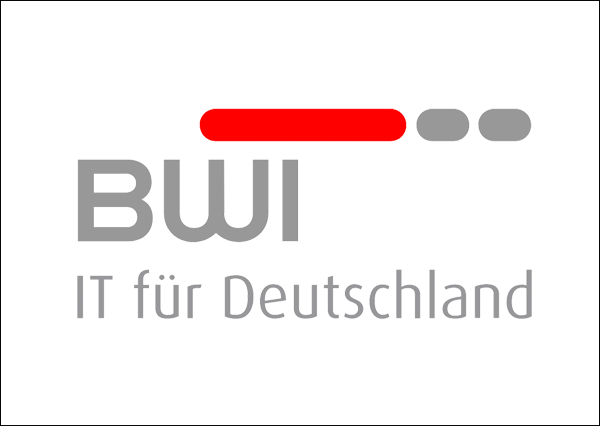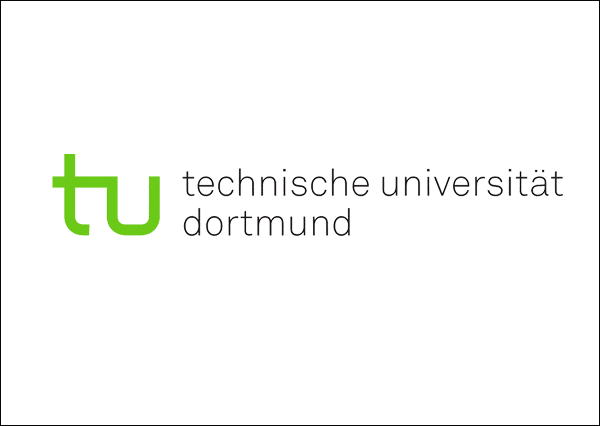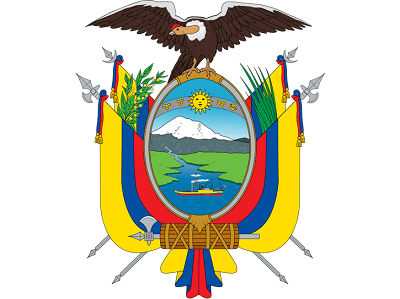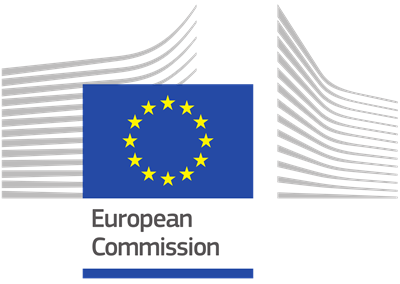
by Maik Breilmann | Oct 25, 2023
The German Armed Forces encrypts mails with cryptovision solution
The challenge for BWI
BWI, a company owned by the federal government, operates the non-military IT infrastructure of the Bundeswehr. With 4,000 employees, BWI manages around 1,200 Bundeswehr properties and 140,000 PC workstations. In recent years, the existing IT infrastructure has been almost completely renewed. BWI is also responsible for the non-military e-mail communication of the Bundeswehr, which is largely handled via IBM Notes.
Our solution for BWI
Since 2007 the Bundeswehr has been using a cryptovision solution for encrypting e-mails. In contrast to some other e-mail encryption products, this solution is client-based and thus offers end-to-end security. In addition, it is available for both Notes and Outlook and also offers a number of functions that are particularly interesting for large user groups. cryptovsision’s email encryption is the only one of its kind to have VS-NfD, NATO Restricted and EU Restricted approval.
Other references from the industry
Secure solutions for digital identities
SECURITY TOKEN AND HARDWARE SOLUTION

by Maik Breilmann | Oct 25, 2023
cryptovision realized the identity card and the passport of Ecuador
The challenge for Ecuador
The South American state of Ecuador has proclaimed (under the patronage of several ministries) an initiative for digital administration with improved e-government services for the population. Part of this project is an electronic identity card and a new electronic passport for the country’s 16 million inhabitants. The passport is also politically important, as Ecuador wants to be included in the group of non-EU countries whose citizens are allowed to enter the Schengen area without a visa – a modern passport is absolutely necessary for this.
The ID card and passport project was initially managed by the IGM (Instituto Geográfico Militar), which has been responsible for the production of identity documents in Ecuador since the 1980s. At the moment, the Foreign Ministry of Cancillería is in charge.
Our solution for Ecuador
After IGM had had several bad experiences with eID providers, it was decided to try cryptovision again. The main reason for choosing cryptovision was that the company relies completely on open standards. A so called vendor lock-in (the customer is dependent on a certain provider, because only his solutions are compatible with the existing environment), as it happened before, was excluded from the outset.
In the meantime, cryptovision has realized the electronic identity card of Ecuador and the electronic passport there with the help of the product ePasslet Suite. The products Camelot, SCinterface and SCalibur are also used.
More references from this branch
Secure solutions for digital identities
SECURITY TOKEN AND HARDWARE SOLUTION

by Maik Breilmann | Oct 25, 2023
The PKI of the GhanaCard is one of the most modern in the world
The challenge for Ghana
With almost 30 million inhabitants, Ghana is an important city in West Africa. Thanks to political stability and numerous mineral resources, the economic situation has improved significantly in the last two decades, making Ghana one of the best developed countries in sub-Saharan Africa.
As an important project for the future, the Ghanaian government has launched an electronic identity card, the GhanaCard. The GhanaCard is a document with many applications. It can not only be used as an identity document – like any ID card – but also as a passport replacement within the West African ECOWAS region. In addition, the GhanaCard enables strong two-factor authentication – as a secure password replacement for online services. Digital signing of electronic documents is also possible with this card. With the GhanaCard it is even possible to pay – and citizens have the option of activating this function after issuing the card.
The Ghanaian government has ambitious goals for the GhanaCard. Within 12 months a total of 16 million cards are to be issued to the citizens of the country.
Our solution for Ghana
For the realization of the GhanaCard, the Ghanaian government relies on cryptovision technology. Both the software on the GhanaCard as well as the associated public key infrastructure (PKI) and the token-based access to the PKI were implemented by cryptovison. The PKI of the GhanaCard, which was developed for 16 million certificate holders, is one of the most modern certificate management systems worldwide. It comprises several certification authorities and several certificates on each card.
On 15 September 2017, Ghanaian President Nana Akufo-Addo received the first GhanaCard.
More references from this branch
Secure solutions for digital identities
SECURITY TOKEN AND HARDWARE SOLUTION

by Maik Breilmann | Oct 25, 2023
Thanks to PKIntegrated the effort for the PKI of HR could be minimized
The challenge for HR
The Hessischer Rundfunk (HR) campus in Frankfurt offers numerous cable-supported and wireless access points to the station’s local network. The same applies, albeit to a lesser extent, to other HR locations. Since such accesses often allow hackers to penetrate, they are usually protected with encryption and passwords. However, managing the numerous keys and passwords in a larger network is a tedious and confusing task that is also a nuisance for users of the access points.
With the 802.1x technology, however, there is a proven solution that enables central and user-friendly management of network access. HR decided to implement it. 802.1x is based on digital certificates and therefore requires a public key infrastructure (PKI).
Our solution for HR
Since Hessischer Rundfunk has been using the identity management solution from Micro Focus (formerly Novell) for decades, the PKI solution PKIntegrated from cryptovision was the obvious choice. This is the only solution on the market specifically designed for the identity management of Micro Focus and integrated into it. Thanks to PKIntegrated, the effort for implementing and operating the necessary PKI could be minimized.
This year the HR will be migrated from PKIntegrated to the cryptovision product CAmelot. The use of the virtual smartcard supported by the smartcard middleware SCinterface is also planned as part of a pilot operation.
More references from this branch
Secure solutions for digital identities
SECURITY TOKEN AND HARDWARE SOLUTION

by Maik Breilmann | Oct 25, 2023
The TU Dortmund uses our middleware for the UniCard 2.0
The challenge for TU Dortmund
With almost 35,000 students, Dortmund Technical University (TU) is one of the 20 largest universities in Germany. Students at this university use the UniCard 2.0 as their student identity card, a smartcard issued in the corporate design of the University Alliance Ruhr (consisting of Ruhr University Bochum, TU Dortmund and University Duisburg-Essen).
This card is also recognised outside the university, for example when it comes to reduced admission prices. In addition, the UniCard 2.0 provides security for IT use.
With the certificates stored on it, it is possible to sign and encrypt e-mails. Students can also use the card to register at various TU Dortmund services. The UniCard 2.0 also makes cashless payment possible at various locations on campus and outside.
Our solution for TU Dortmund
As UniCard 2.0 the Giro-Go card of the Sparkasse is used. The TU Dortmund uses the smartcard middleware SCinterface from cryptovision for the UniCard 2.0. Students can download it free of charge from a Uni server and install it on their private PC. By an extension it is possible to use digital certificates of the DFN-PKI with it. This extension is the result of a close cooperation between Sparkassenverlag (manufacturer of the Giro-Go cards) and cryptovision (manufacturer of the middleware).
More references from this branch
Secure solutions for digital identities
SECURITY TOKEN AND HARDWARE SOLUTION
















